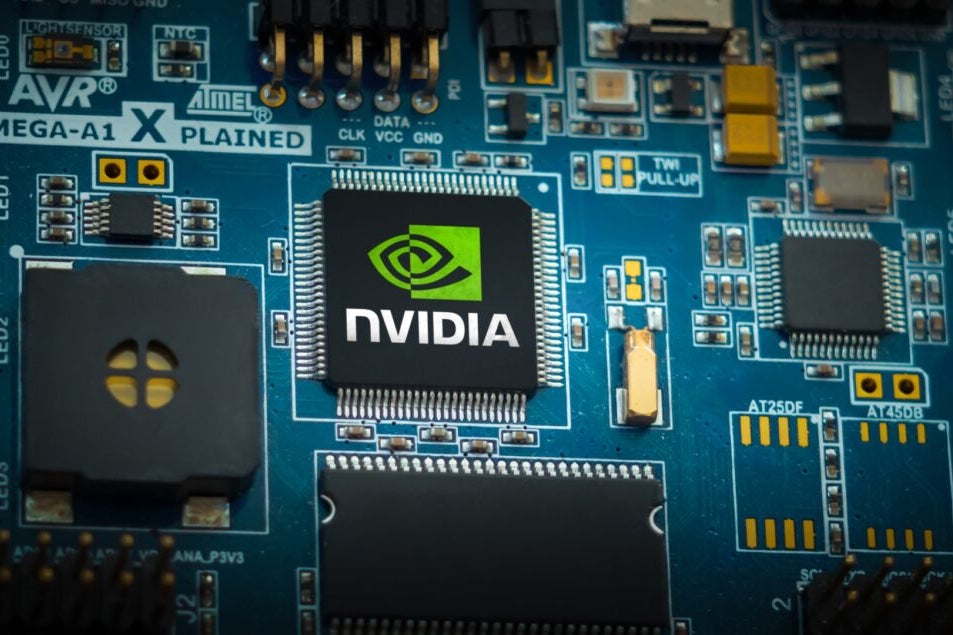A booming underground repair industry in China is breathing new life into banned Nvidia Corp. NVDA AI chips, raising alarms in Washington over enforcement gaps and national security risks.
What Happened: Despite a U.S. export ban on Nvidia’s advanced H100 and A100 graphics processing units (GPUs), Chinese tech firms are repairing hundreds of the restricted chips each month, reported Reuters on Thursday.
Two repair companies in Shenzhen confirmed they service up to 500 Nvidia AI chips monthly, including H100s that were never legally sold in China, the report said.
“There is really significant repair demand,” said a co-owner of one repair firm, who recently created a new company to handle the AI chip influx. Their facilities include server rooms replicating data center environments to test the repaired chips.
See Also: Elon Musk, Richest Man Alive, Is Asked How He Feels About Being Labeled ‘Evil Billionaire’ — ‘It’s Not Like I’ve Got Some Massive Cash Balance’
These GPUs, prized for AI training, are believed to have entered the country through large-scale smuggling, with evidence suggesting use by Chinese government and military entities.
The U.S. has banned sales of these chips to China since 2022 to curtail its AI and defense advancements.
Nvidia said only it and its authorized partners are allowed to service its hardware. “Using restricted products without approved hardware, software, and technical support is a nonstarter,” a company spokesperson told the publication.
Why It Matters: Earlier in the day, it was reported that over $1 billion worth of Nvidia’s advanced AI chips, including the sought-after B200, were reportedly smuggled into China despite U.S. export restrictions.
Last week, Nvidia CEO Jensen Huang announced that the Donald Trump administration would once again permit the sale of the company’s H20 chip, which is specifically designed for the Chinese market.
This development came shortly after Huang’s widely publicized visit to China, where he was welcomed like a rock star and received an enthusiastic reception.
Last month, Nvidia revised its financial strategy after U.S. export restrictions halted AI chip sales to China, leading to a $2.5 billion revenue loss in the first quarter of 2025.
At the time, Huang said the company will no longer include China in future revenue or profit forecasts, calling any potential sales there a “bonus.”
Price Action: Nvidia shares rose 1.73% on Thursday, closing at $173.74 during regular trading hours. However, in Friday’s pre-market session, the stock was down 0.14% at the time of writing, according to Benzinga Pro.
Benzinga’s Edge Stock Rankings indicate that Nvidia continues to demonstrate strong upward momentum across short, medium and long-term timeframes. Additional performance insights can be found here.
Read Next:
Disclaimer: This content was partially produced with the help of AI tools and was reviewed and published by Benzinga editors.
Photo courtesy: gguy via Shutterstock

